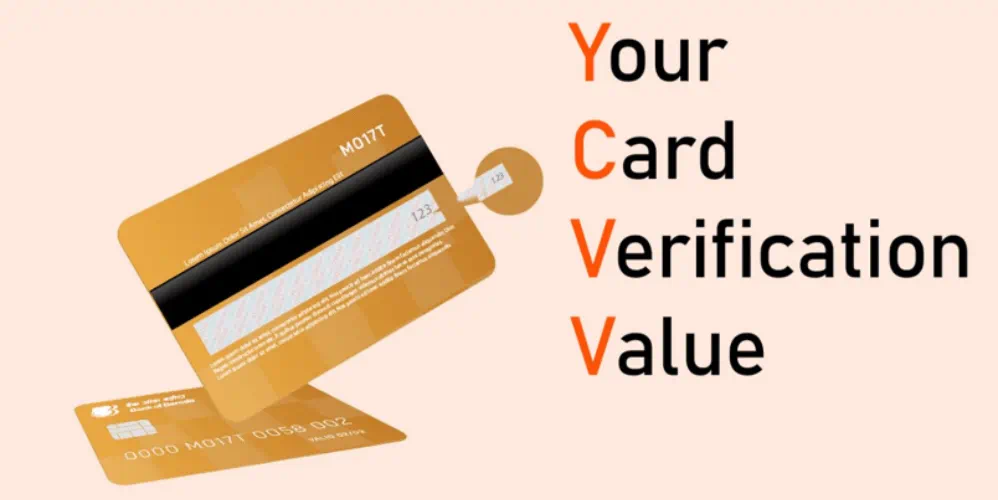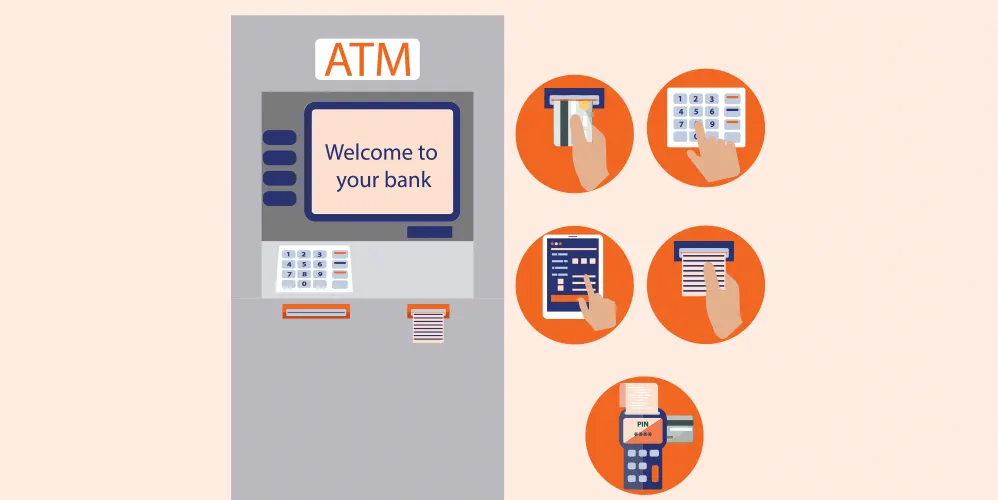
Avoid Common Mistakes to File a Successful Insurance Claim
20 Feb 2024

Table of Content
Insurance claims can be complex and overwhelming, especially when you're already dealing with the stress of an unfortunate event. Whether it's a car accident, property damage, or a medical emergency, filing an insurance claim is essential to receive the financial support you need. However, the process isn't always straightforward, and making mistakes can lead to delays, denials, or receiving a lower settlement than you deserve.
In this blog post, we'll guide you through the common mistakes people make when filing insurance claims and provide simple tips to help you navigate the process successfully. By understanding these pitfalls and taking the necessary precautions, you can maximize your chances of a smooth and satisfactory insurance claim experience.
What is an Insurance Claim ?
An insurance claim is a formal request made by a policyholder to an insurance company for compensation or coverage for a loss or damage covered under their insurance policy. It is your way of seeking financial support from the insurance company to help you recover from the unexpected event. Insurance claims can be filed for various reasons, such as car accidents, property damage, medical expenses, or even loss of life.
Common Mistakes to Avoid When Filing an Insurance Claim
1. Failing to Understand Your Policy
One of the most common mistakes people make is not fully understanding the details of their insurance policy. Before filing a claim, carefully review your policy to understand the coverage limits, deductibles, exclusions, and any specific requirements for filing a claim. Being aware of what your policy covers and the necessary steps for filing a claim will prevent misunderstandings and unnecessary delays.
2. Delaying the Claim
Another critical mistake is delaying the insurance claim. Prompt action is vital after an incident or damage occurs. Notify your insurance company as soon as possible and follow their specific guidelines for reporting claims. Waiting too long can result in complications, as memories fade, evidence may be lost, or your claim may be denied due to untimely reporting. Timeliness shows your seriousness in seeking compensation and facilitates a smoother claim process.
Also Read: What is Health Insurance? A Comprehensive Guide to Benefits, Types, and Importance
3. Inadequate Documentation
Insufficient or incomplete documentation is a significant reason for claim denials. To strengthen your insurance claim, submit all relevant documents that are prescribed by the Insurance Company along with your NEFT and KYC details and also gather all relevant evidence, such as photographs, videos, police reports, witness statements, and medical records, if applicable. Keep a detailed record of all communications with your insurance company, including emails and phone calls. Thorough documentation provides a strong foundation for your claim and facilitates the evaluation process.
4. Failing to Mitigate Damages
After an incident, it is your responsibility to take reasonable steps to prevent further damage. Failing to mitigate damages can give the insurance company grounds to deny your claim or reduce the settlement amount. For instance, if your property is damaged by a leak, you should take immediate action to repair it and prevent additional water damage. Keep receipts and documentation of any repairs or actions taken to mitigate the situation.
5. Providing Inaccurate Information
Accuracy is crucial when providing information to your insurance company. Avoid exaggerating or misrepresenting the facts, as it can lead to severe consequences, including claim denial or even policy cancellation. Be honest and provide the required information to the best of your knowledge. In case you are uncertain about any details, consult with professionals or seek guidance from your insurance agent.
6. Overlooking Deadlines
Insurance policies usually have timelines for filing a claim. Failure to meet these deadlines can result in claim denial. Familiarize yourself with the deadlines mentioned in your policy, including the notification period and the time frame for submitting supporting documentation. Adhere to these timelines diligently to avoid unnecessary complications and protect your claim.
7. Lack of Professional Guidance
Navigating the insurance claims process can be challenging, especially for complex or high-value claims. Engaging the services of a qualified professional, such as a public adjuster or an attorney specializing in insurance claims, can significantly increase your chances of success. These professionals possess the expertise and knowledge necessary to handle intricate claim procedures, negotiate with the insurance company, and ensure that you receive fair compensation.
Also Read: The Ultimate Guide to Vehicle Insurance: Types, Benefits, and How Does It Work
Conclusion
Filing an insurance claim can be a complex process, but avoiding common mistakes can significantly improve your chances of a successful outcome. As Bank of Baroda , we strive to empower our customers with knowledge and guidance to navigate the insurance claims process seamlessly. By gathering proper documentation, reporting incidents promptly, understanding policy coverage, providing accurate information, and maintaining open communication, you can enhance the likelihood of a successful claim. Remember, in case of any doubts or questions, reach out to your insurance provider for clarification and guidance. A well-executed claim will help you recover from unexpected events and receive the financial support you deserve.
Popular Articles
Related Articles



What is CVV on a Debit Card? Understanding Its Importance and Security Features


How to Update Your FASTag KYC: Step-by-Step Guide for Online & Offline Methods




The Importance of Pension Funds: Secure Your Future with Steady Retirement Income

-
Disclaimer
The contents of this article/infographic/picture/video are meant solely for information purposes and do not necessarily reflect the views of Bank of Baroda. The contents are generic in nature and for informational purposes only. It is not a substitute for specific advice in your own circumstances. Bank of Baroda and/ or its Affiliates and its subsidiaries make no representation as to the accuracy; completeness or reliability of any information contained herein or otherwise provided and hereby disclaim any liability with regard to the same. The information is subject to updation, completion, revision, verification and amendment and the same may change materially. The information is not intended for distribution or use by any person in any jurisdiction where such distribution or use would be contrary to law or regulation or would subject Bank of Baroda or its affiliates to any licensing or registration requirements. Bank of Baroda shall not be responsible for any direct/indirect loss or liability incurred by the reader for taking any financial decisions based on the contents and information mentioned. Please consult your financial advisor before making any financial decision.
Different Types of Life Insurance - Which One is Right for You?
Getting a life insurance policy is one of the most responsible decisions you could ever take, as it ensures that your near and dear ones are not left behind without financial support in case of an unforeseen event. It stands as a crucial financial safeguard, offering protection and security for loved ones in the event of an unexpected tragedy. However, navigating the world of life insurance can be overwhelming due to the multitude of options available. Understanding the various types of life insurance can help individuals make informed decisions that align with their needs and financial goals, while safeguarding their loved ones.
The Ultimate Guide to Vehicle Insurance: Types, Benefits, and How Does It Work
In the ever-evolving landscape of the automotive world, one constant remains – the need for reliable vehicle insurance. Whether you're driving a sleek sedan, a rugged SUV, or a zippy little hatchback, having the right insurance coverage is not just a legal requirement but also a crucial financial safeguard. In this comprehensive guide, we'll navigate the twists and turns of vehicle insurance, shedding light on its importance, the types of coverage available, and the various benefits that come with it.

